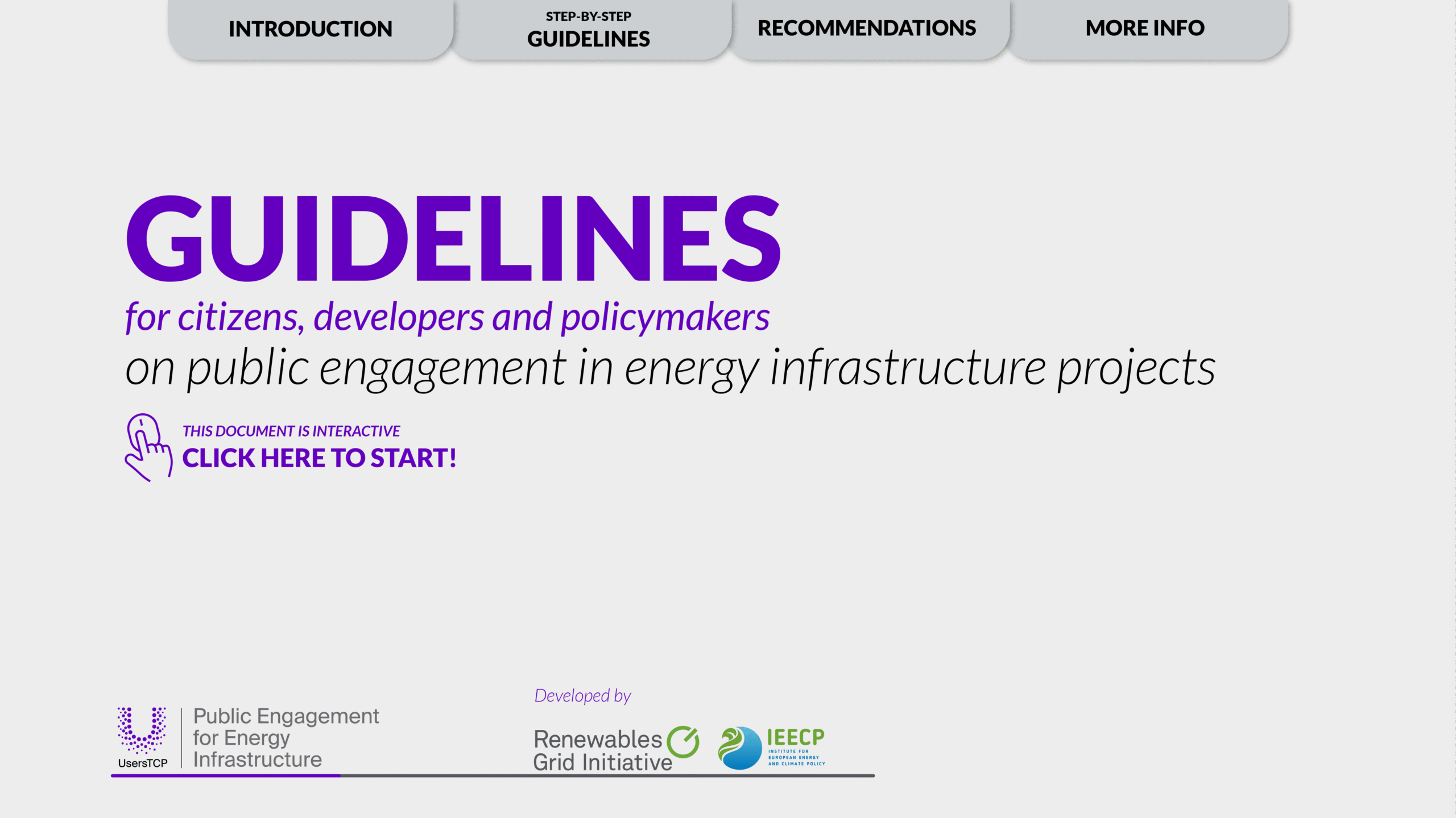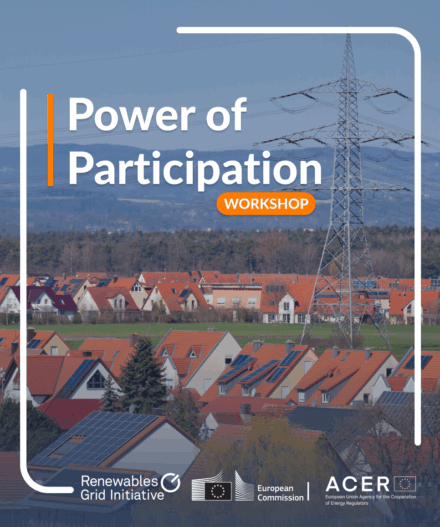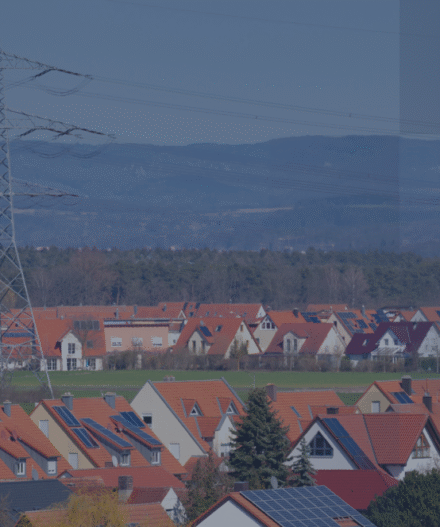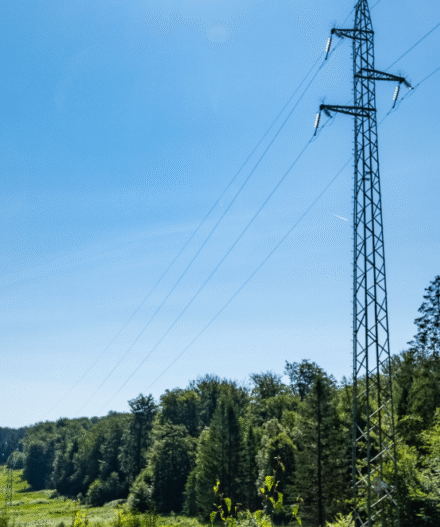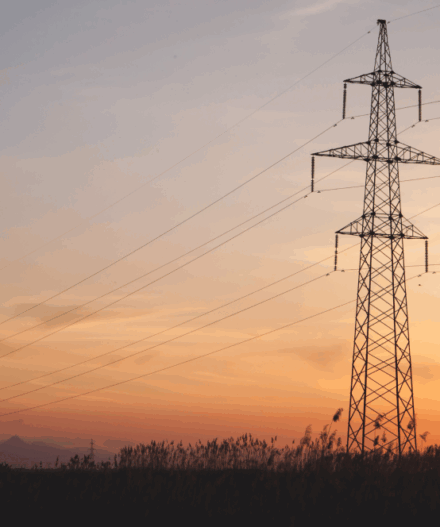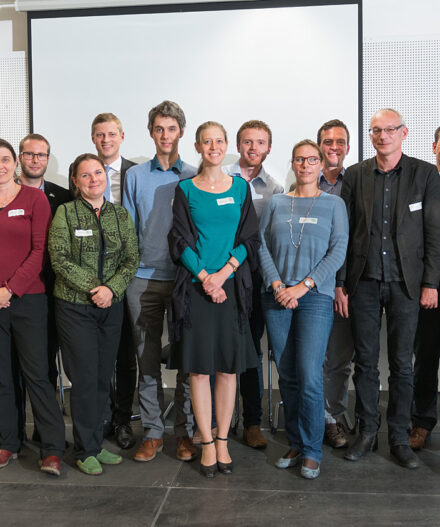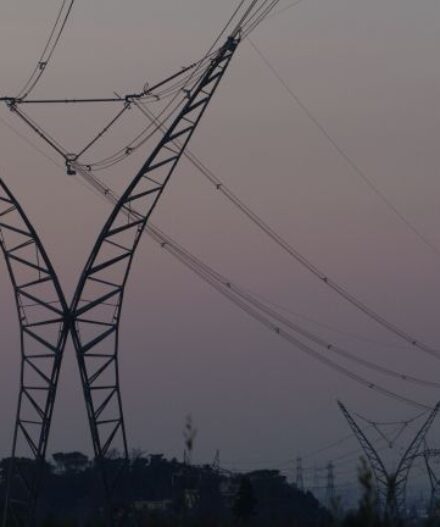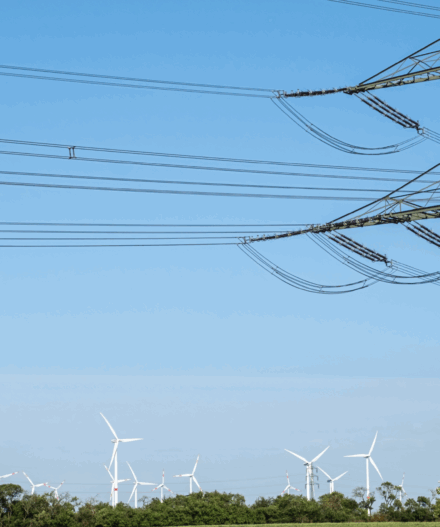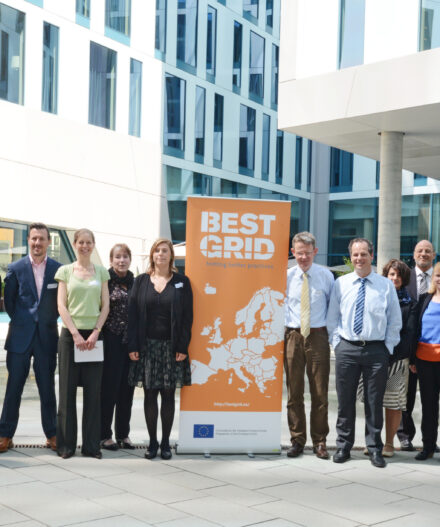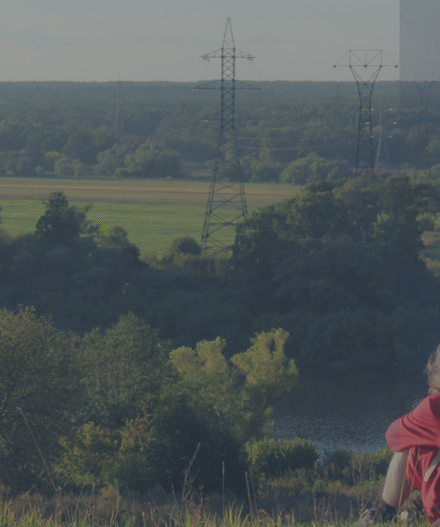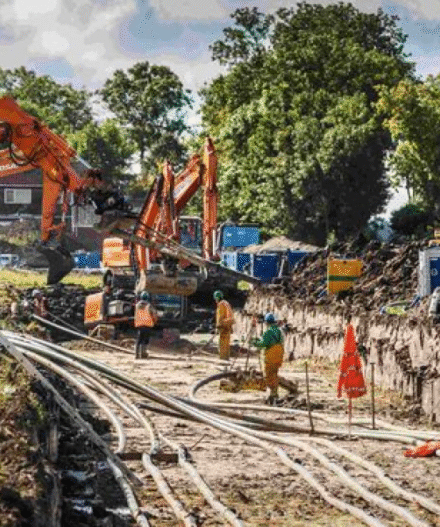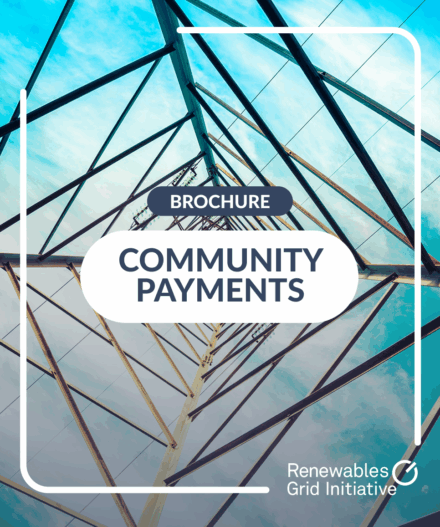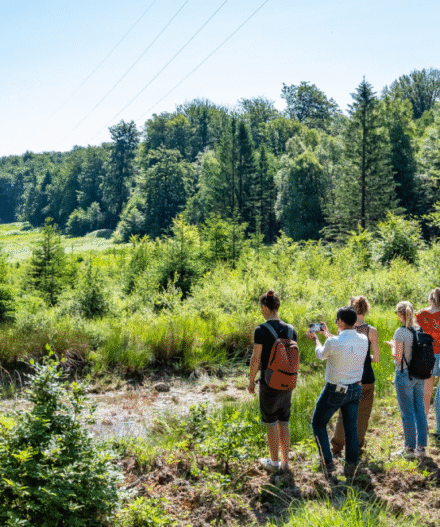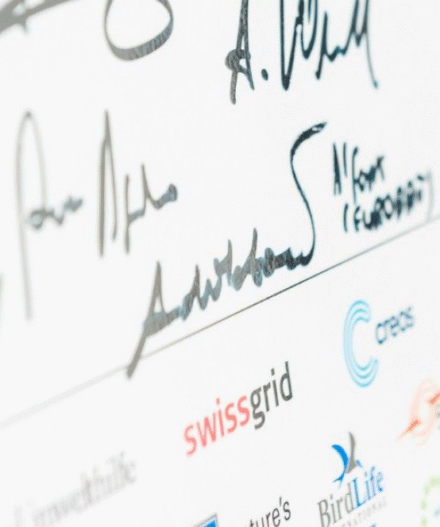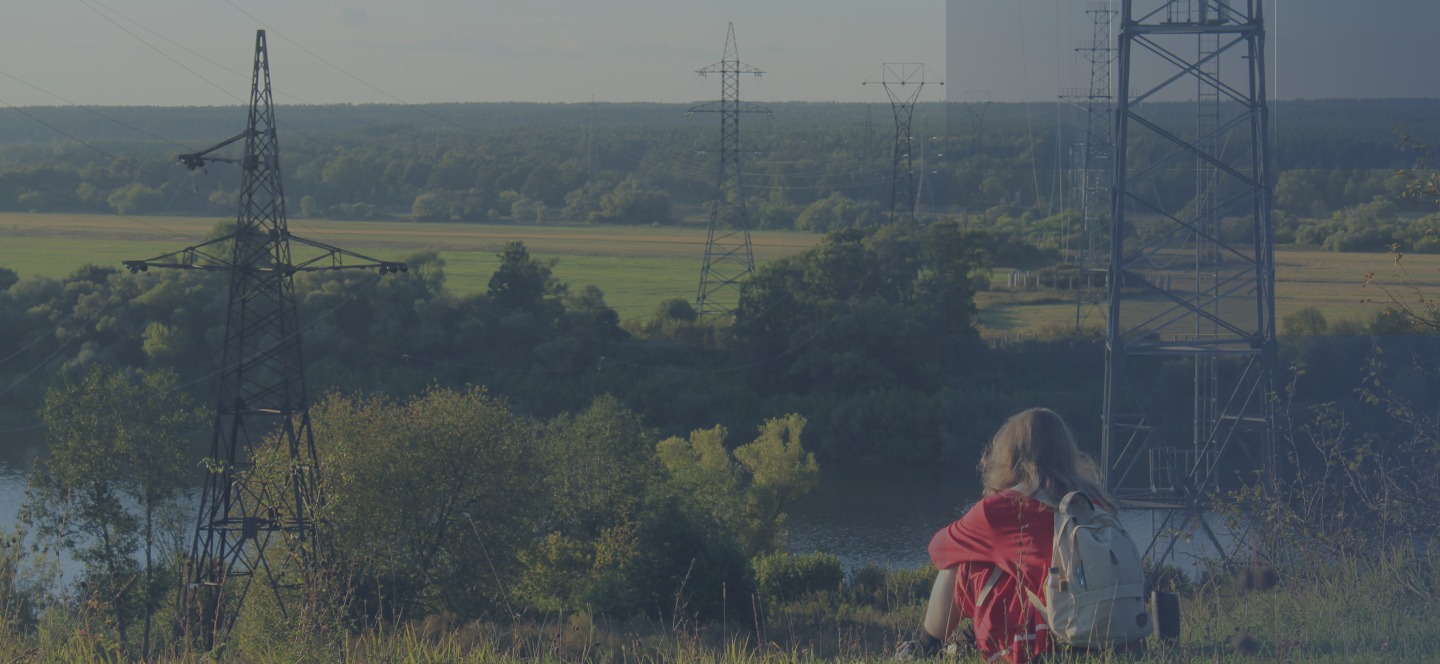
Topic
Public acceptance & engagement
Explore RGI’s work on improving stakeholder engagement and public participation within energy infrastructure projects.
about the topic
Although electricity grids are recognised as the backbone of the energy transition, grid development projects often face local opposition. The same occurs to renewable energy projects, particularly wind farms.
While it may be unrealistic to gain the consensus of all actors involved, practices that implement early and meaningful engagement with stakeholders and the public have shown results in reducing opposition. Meaningful engagement includes stages of information, consultation, and co-design, allowing stakeholders and the public to share concerns and shape the project, as well as the engagement process itself.
At the same time, a holistic approach should be adopted, ensuring that different stages of energy infrastructure planning and implementation are addressed, from setting policy goals to implementing grid projects.
In this topic, RGI works to share best practices while continuously improving approaches towards stakeholder engagement and public participation within energy infrastructure projects.
topic-related
resources & activities
events
RGI leads the organisation of various in-person events and webinars on topics which address how the public and stakeholders can be involved in engagement processes. These events bring together diverse actors to jointly and openly discuss current challenges, identify knowledge gaps, and showcase solutions.
publications
RGI is active in creating publications which aim to clarify, create shared understanding, and promote solutions on key issues related to public acceptance and engagement.
projects & activities
Learn more about our projects and activities on this topic.
contact
Stephanie Bätjer
stephanie[at]renewables-grid.euDirector – Communication
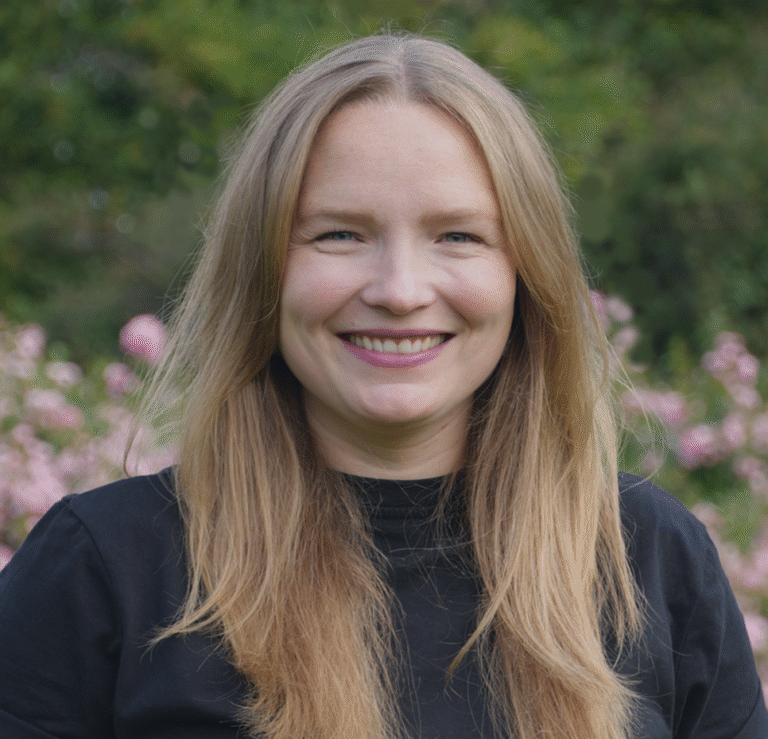
Dr. Ira Shefer
ira[at]renewables-grid.euManager – Energy Systems

explore other energy & society topics


